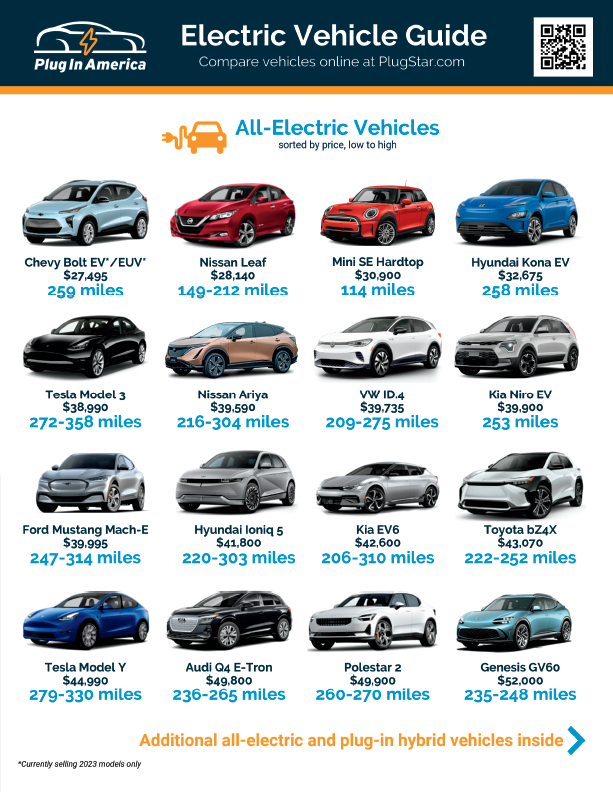CSP Insights
Your go-to source for the latest in news and information.
Electric Cars: The Silent Revolution on Wheels
Discover the thrilling rise of electric cars and how they're transforming the road. Join the silent revolution on wheels today!
Understanding Electric Cars: How They Work and Their Impact on the Environment
Understanding electric cars begins with their fundamental operation. Unlike traditional vehicles that rely on gasoline or diesel, electric cars are powered by electric motors that draw energy from rechargeable batteries. These batteries are typically made up of lithium-ion cells, which store electricity for the vehicle's use. The efficiency of electric cars is significantly higher than that of internal combustion engines, converting over 80% of the electrical energy from the grid to power at the wheels. This not only translates to enhanced performance but also makes electric vehicles (EVs) a more sustainable option in today's eco-conscious landscape.
The impact of electric cars on the environment is largely positive, especially when compared to their fossil fuel counterparts. By producing zero tailpipe emissions, electric vehicles contribute to reduced air pollution, which is beneficial for public health and the environment. Furthermore, the shift towards renewable energy sources for charging these cars amplifies their green credentials. However, it is important to acknowledge the environmental concerns related to battery production and disposal. Understanding electric cars involves recognizing both their potential to reduce carbon footprints and the need for sustainable practices in battery manufacturing and recycling.

The Future of Transportation: Why Electric Cars Are Here to Stay
The future of transportation is rapidly evolving, with electric cars taking center stage. As governments worldwide implement stricter emissions regulations and consumers increasingly favor environmentally friendly alternatives, it's clear that the shift towards electric vehicles (EVs) is not just a passing trend. According to industry forecasts, the global market for electric vehicles is expected to grow exponentially, driven by advancements in battery technology and an expanding network of charging infrastructure. This shift is further supported by numerous incentives aimed at encouraging the adoption of electric cars, making them more accessible to the average consumer.
Moreover, the integration of smart technology within electric vehicles enhances their appeal, offering features like autonomous driving, real-time traffic updates, and advanced safety systems. As cities evolve to accommodate greener transportation options, the infrastructure will continue to adapt, paving the way for a future where electric cars dominate the roads. The confluence of environmental conservation, technological innovation, and consumer demand indicates that electric cars are not just a temporary solution; they are indeed here to stay, representing a significant shift in how we view personal and public transportation.
Are Electric Cars Worth It? Debunking Myths and Revealing the Truth
The question, Are electric cars worth it? often arises amid conversations about sustainability and energy efficiency. Many people have misconceptions about electric vehicles (EVs), believing them to be impractical or overly expensive. However, the reality reveals that electric cars can provide significant savings on fuel and maintenance costs over their lifespan. For instance, studies show that EV owners spend approximately 60% less on fuel than those driving traditional gasoline vehicles. Additionally, with advancements in battery technology, many modern electric cars now offer ranges that can easily cover daily commuting needs without the frequent recharging that seems to scare potential buyers.
Moreover, when discussing if electric cars are worth it, it’s crucial to address environmental impact. While some critics argue that the production of electric cars, especially their batteries, has a negative environmental footprint, it's essential to consider the lifecycle emissions. Electric vehicles tend to have lower emissions over their operational life compared to fossil fuel counterparts. As the grid becomes greener, the benefits of driving electric cars will only increase. In summary, carefully weighing the benefits against the myths, it's clear that electric cars are not just a trend but a viable and eco-friendly alternative to traditional vehicles.